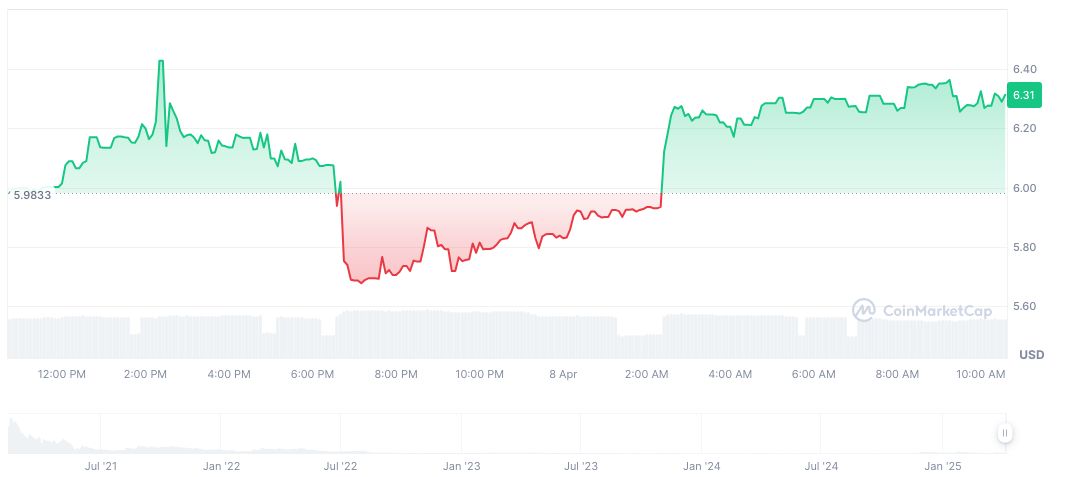- DOJ disbands NCET, shifting focus to individual prosecutions.
- Changes aim for regulatory clarity, aligning with new directives.
- Potential market shifts, especially for exchanges and privacy protocols.
The U.S. Department of Justice announced the disbandment of its National Cryptocurrency Enforcement Team to align with a new executive order emphasizing regulatory clarity.
This policy shift targets individuals harming crypto investors rather than focusing on exchanges, affecting market regulations and business operations.
DOJ Shifts Focus: Individual Prosecutions Over Teams
On April 7, 2025, the DOJ disbanded the National Cryptocurrency Enforcement Team as announced by Deputy Attorney General Todd Blanche. Established in 2021, the team was involved in high-profile cases like the Tornado Cash and Avraham Eisenberg investigations. The decision follows President Trump’s executive order for regulatory clarity.
The DOJ’s focus is shifting towards prosecuting individuals harming crypto investors, reducing emphasis on exchanges and mixers. Todd Blanche emphasized that the DOJ is not a digital assets regulator. The disbandment might be viewed as a double-edged sword, garnering mixed reactions within the crypto community, balancing decreased enforcement with the need for oversight.
“The Department of Justice is not a digital assets regulator. […] The focus will now shift to prosecuting individuals harming investors rather than targeting exchanges or mixers.” – Todd Blanche, Deputy Attorney General, U.S. Department of Justice
Regulatory Clarity and Market Predictions Post-Disbandment
Did you know? In 2021, the formation of the NCET marked a precedent for coordinated federal enforcement in crypto, which is now shifting towards a more investor-centric approach.
Tornado Cash (TORN) has a current price of $6.31 with a market cap of $33.20 million, as per CoinMarketCap. Recent statistics indicate a 5.42% increase in the past 24 hours. However, the asset’s performance over 60 days shows a decline of 49.16%.

Coincu researchers suggest that this move may foster innovation and investment in the U.S., while ongoing flux in regulatory dynamics could redefine market structures. A focus on technological progression might enhance community-driven solutions, similar to El Salvador’s BTC accumulation strategies which aim to boost financial growth through crypto.























